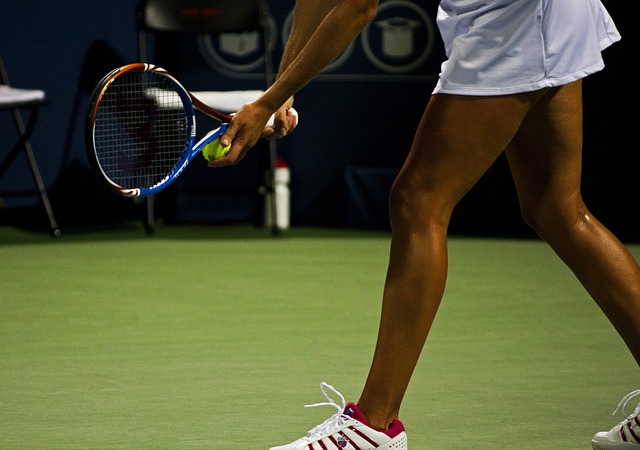Getting into sports betting is exciting—especially when you’re confident in your picks. But winning consistently requires more than intuition or fandom. To make informed wagers and minimize losses, beginners need to understand the basics of strategy, bankroll control, and disciplined decision-making.
Whether you’re betting on football, basketball, soccer, or tennis, the following beginner strategies will help you build a solid foundation and avoid common mistakes that derail new bettors. Here’s your guide to smart, structured, and sustainable sports betting.
1. Start with a Bankroll and Stick to It
Your bankroll is the total amount of money you’re willing to risk on betting. Establishing a bankroll and dividing it into units helps you:
- Avoid emotional, reckless bets
- Track progress over time
- Bet consistently and sustainably
Best practices:
- Only wager money you can afford to lose
- Bet 1–5% of your bankroll per bet
- Adjust your unit size as your bankroll changes
Verdict: Bankroll management is the most important discipline a bettor can develop.
2. Understand the Odds and What They Represent
Before placing any bet, understand how odds reflect implied probability.
Common formats:
- Decimal (2.00) – popular internationally
- American (-150 or +200) – common in the U.S.
- Fractional (5/1) – used in the UK
Odds show both your potential return and the bookmaker’s assessment of the event’s likelihood. Use odds to determine whether a value bet exists—when your calculated probability is better than what the sportsbook suggests.
Tip: Learn how to convert odds into probability to make smarter comparisons.
3. Avoid Betting with Emotion

It’s tempting to bet on your favorite team or let a bad loss affect your next wager. But emotional betting is a fast track to poor decisions and drained bankrolls.
How to stay objective:
- Focus on matchups, stats, and trends—not loyalty
- Don’t chase losses by doubling down
- Take breaks after losing streaks to reset mentally
Verdict: Logic wins long-term—emotion rarely does.
4. Specialize in One Sport or League
When starting out, stick to one sport, league, or market you understand well. Specialization allows you to:
- Spot subtle trends others miss
- Track line movement and injury news effectively
- Develop a deeper understanding of teams and players
As your confidence and data sources grow, you can branch out. But early on, focus leads to sharper predictions.
5. Learn to Shop for the Best Lines
Different sportsbooks often offer slightly different odds or lines for the same event. Line shopping is a simple but powerful way to improve your returns over time.
Example:
- One book offers Team A at -110
- Another offers the same bet at -105
- Betting with the better line saves you money and increases long-term profitability
Use odds comparison tools or sign up at multiple sportsbooks to take advantage of the best prices.
6. Track Your Bets and Analyze Performance
Keeping a record of your bets helps you identify:
- Which sports or markets you’re strongest in
- Common mistakes or emotional triggers
- ROI (return on investment) over time
Log each bet with:
- Date and event
- Bet type and odds
- Stake and result
- Profit/loss
Regular reviews will help you refine your strategy and stay accountable.
7. Start with Straight Bets Before Parlays

While parlays and accumulators offer big payouts, they’re much harder to win—especially for beginners. Instead, focus on single (straight) bets, which:
- Have higher win probability
- Are easier to analyze
- Help you develop confidence
As your skills improve, you can experiment with more complex bets like:
- Parlays
- Teasers
- Props
- Futures
But early on, stick with simpler, high-value opportunities.
8. Understand Market Movement and Public Bias
Sportsbooks adjust odds based on betting volume—not just team strength. That means public sentiment can influence lines.
Watch for:
- Overvalued favorites due to fan popularity
- Sharp line movement signaling expert money
- Late-breaking injury or weather news that shifts value
By paying attention to market movement, you can make timelier, smarter bets and avoid blindly following the crowd.
Final Thoughts: Build Discipline First, Profits Second
Every professional sports bettor started as a beginner—and they succeeded because they built good habits from the start. That means:
- Betting within limits
- Relying on data, not emotion
- Keeping track of performance
- Prioritizing long-term strategy over short-term wins
Sports betting isn’t about picking winners all the time—it’s about managing risk, spotting value, and making smart decisions consistently.
Follow these beginner strategies, and you’ll be well on your way to becoming a sharper, more responsible bettor.
